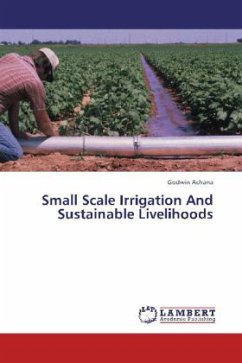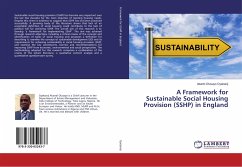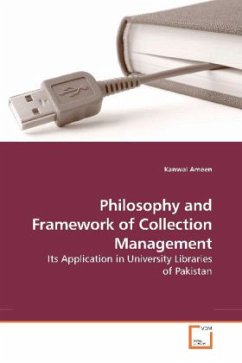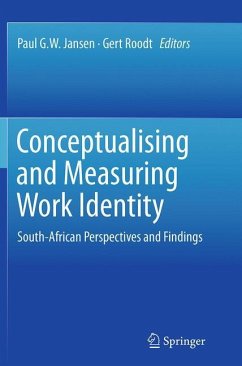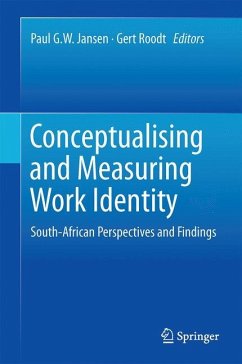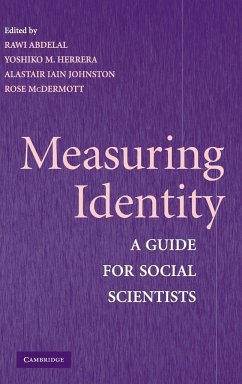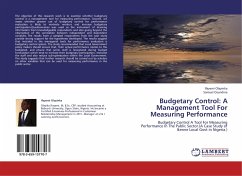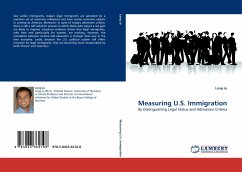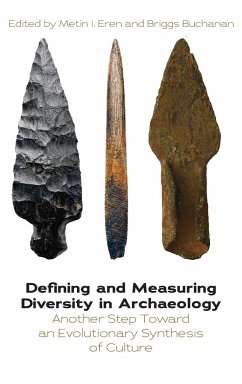
Framework for Measuring Sustainable Development
Countries in socio-economic transition
Versandkostenfrei!
Versandfertig in 6-10 Tagen
52,99 €
inkl. MwSt.

PAYBACK Punkte
26 °P sammeln!
The study developed a methodological framework evaluating progress towards achieving sustainable development in countries in transition, and tested the framework on Estonian data. A ten-step toolkit methodology was applied to develop the SD evaluation framework. The core principles of sustainable development - the intergenerational equity principle, the intragenerational equity principle and the carrying capacity principle formed a solid basis for setting operational development constraints. SD indicators can be flexibly built into the evaluation framework depending on the evaluation purpose. ...
The study developed a methodological framework evaluating progress towards achieving sustainable development in countries in transition, and tested the framework on Estonian data. A ten-step toolkit methodology was applied to develop the SD evaluation framework. The core principles of sustainable development - the intergenerational equity principle, the intragenerational equity principle and the carrying capacity principle formed a solid basis for setting operational development constraints. SD indicators can be flexibly built into the evaluation framework depending on the evaluation purpose. The SD evaluation framework is set up in a hierarchical manner to allow aggregation of results. The Estonian case study showed that the process of socio-economic transition has brought Estonia closer in line with the intergenerational equity and the carrying capacity principles. It was found that the process of transition has brought Estonia further away from meeting the intragenerational equity principle due to increasing poverty, social stress and deteriorating access to basic social services.



